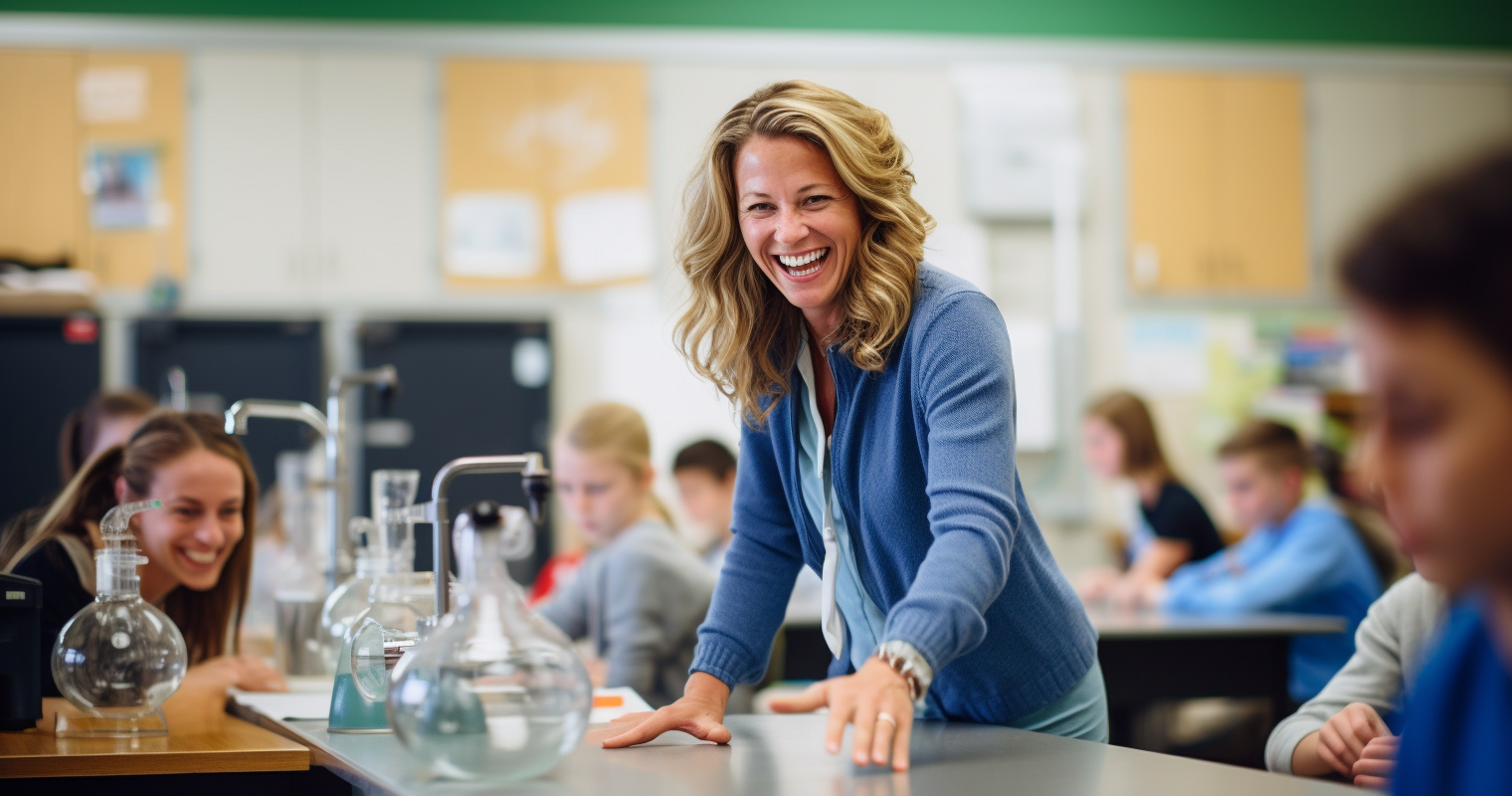Cuba is known for having a well-established education system that provides free education to all citizens. Education in Cuba is compulsory for children between the ages of 6 and 15. In this article, we will explore the quality of education in Cuba, the types of schools available, the syllabus followed, school hours, enrolment process, and options for higher education.
Quality of Education in Cuba
Cuba is known for having a high-quality education system. According to UNESCO, the adult literacy rate in Cuba is 99.8%, one of the highest in the world. In addition, the country has a well-established system of teacher training, with a focus on student-centered teaching and learning.
Compulsory Education in Cuba
Education in Cuba is compulsory for children between the ages of 6 and 15. Primary education lasts for six years, followed by three years of secondary education. After completing their compulsory education, students have the option to continue their studies in technical or vocational schools or higher education institutions.
Types of Schools in Cuba
In Cuba, there are three main types of schools:
Primary schools: These schools provide education to children between the ages of 6 and 11. The focus is on developing basic skills such as reading, writing, and arithmetic.
Secondary schools: These schools provide education to children between the ages of 12 and 15. The focus is on developing higher-level skills such as critical thinking, problem-solving, and communication.
Technical and vocational schools: These schools provide education to students who have completed their compulsory education. The focus is on developing specific skills such as plumbing, welding, and computer science.
Syllabus in Cuba
The Cuban education system follows a standardized national curriculum that is designed to develop students’ critical thinking, creativity, and problem-solving skills. The curriculum includes a wide range of subjects, including language arts, mathematics, natural sciences, social sciences, physical education, and the arts.
In addition, the Cuban education system places a strong emphasis on learning foreign languages, with students required to learn English as a second language from an early age.
School Hours and Holidays in Cuba
School hours in Cuba typically run from 8:00 am to 4:00 pm, with a break for lunch in the middle of the day. Students attend school for five days a week, from Monday to Friday.
In terms of holidays, the school year in Cuba runs from September to June, with a two-month summer break. In addition, students have a week off at Christmas and Easter, as well as a few national holidays throughout the year.
Enrolment Process in Cuba
Enrolling in a school in Cuba is relatively straightforward. Parents or legal guardians need to provide a birth certificate, vaccination record, and proof of address. There is no significant competition for enrolment, as the Cuban education system is designed to provide free education to all citizens.
International Schools in Cuba
There are several international schools in Cuba, mainly in Havana. These schools offer a wide range of international curriculums, including the International Baccalaureate (IB) and Cambridge International. Here are some of the international schools in Cuba:
International School of Havana: This school offers the IB curriculum and has students from over 40 different countries.
Lycee Francais de la Havane: This French school offers the French national curriculum and has students from kindergarten to high school.
The British School of Havana: This school offers the Cambridge International curriculum and has students from kindergarten to high school.
Higher Education in Cuba
Higher education in Cuba is free for all students who meet the admission requirements. There are many universities and other higher education institutions throughout the country, including the University of Havana, which is considered to be one of the best in the country.
Cuban universities offer a wide range of academic programs, including medicine, engineering, education, law, and many others. Many of these programs are highly respected, and graduates are well-prepared for professional careers in their fields.
In addition to traditional academic programs, there are also vocational schools and technical institutes that provide training in specific trades and skills. These schools offer programs in areas such as construction, agriculture, and tourism.
Cuba also has a large number of international students who come to study in the country. The majority of these students come from other Latin American countries, although there are also students from Europe, Africa, and Asia.
International students are typically required to demonstrate proficiency in Spanish, as most courses are taught in that language. In addition, they may be required to provide proof of financial support, a passport, and other documentation.
In conclusion, education in Cuba is highly valued, and the country has made significant strides in expanding access to education for all. The quality of education in Cuba is generally high, and the country has many well-regarded universities and other educational institutions.
Education is compulsory for all children in Cuba, and there are many different types of schools available to meet the needs of students of all ages and abilities. The country’s education system is structured to ensure that students receive a well-rounded education that prepares them for the future.
In addition to its strong public education system, Cuba also has a large number of international schools and universities that attract students from all over the world. Overall, education in Cuba is a top priority for the government, and the country has made great strides in expanding access to education and improving the quality of its schools and universities.

